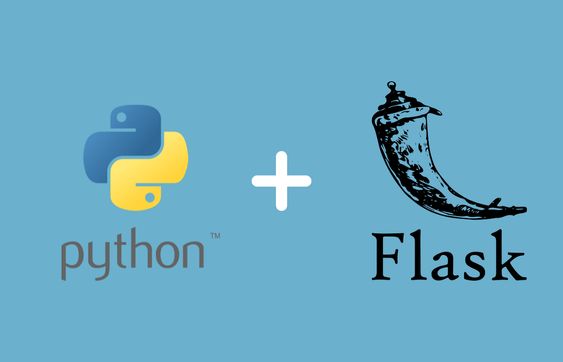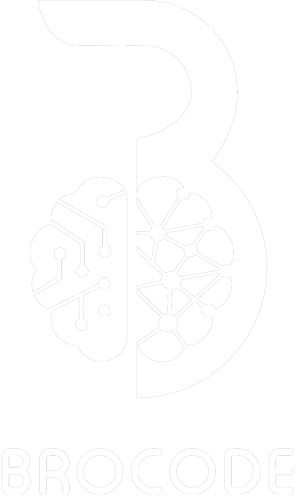“Unleashing the Power of Flask: Your Ultimate Guide to Streamlined Python Web Development”
“Dive into the dynamic world of Flask, the Python web framework that’s shaking up web development. Discover how Flask simplifies and accelerates your web application journey, making it an ideal choice for developers.”

With the evolution of technology, the scope and methodology of web development have experienced significant transformation. One such innovation at the heart of this revolution is Flask, a micro, yet powerful, web framework written in Python. This article will provide a comprehensive guide into the world of Flask, showcasing its core features, and why it stands out among its peers in web development.
The Genesis of Flask
Flask was born out of an April Fool’s joke in 2010 but soon proved its mettle as a real-world, open-source web application framework. It has been engineered to create robust and sophisticated web applications with minimalistic code, harnessing the simplicity and power of Python.
Flask: A Micro-Framework with Macro Benefits
Flask is referred to as a micro-framework due to its lightweight and modular design, but don’t let the label mislead you. It can handle both small and large applications with equal ease. Its modular nature ensures that you add only what you need, maintaining a lean application structure, which greatly benefits your project’s speed and performance.
Uncomplicated Yet Powerful
Flask’s key strengths lie in its simplicity and versatility. With no hard dependencies on external libraries, it facilitates swift development, and its user-friendly syntax echoes Python’s philosophy of readability and simplicity. Yet, this simplicity does not come at the expense of capability. With Flask, you can build anything from simple web pages to complex, database-driven applications.
Flask’s Diverse Ecosystem
Flask’s ecosystem is teeming with extensions, providing developers with ready-to-use tools and simplifying common tasks. For instance, Flask-SQLAlchemy provides SQLAlchemy support, Flask-Login manages user authentication, and Flask-WTF simplifies forms handling. This diverse ecosystem, coupled with Flask’s simplicity, makes it a favorite among developers.
Robust RESTful Request Dispatching
Flask includes robust support for RESTful request dispatching. It can handle both GET and POST requests and offers URL routing, enabling developers to build applications that can scale over time.
Integrated Support for Unit Testing
Testing is an essential part of any development process. With Flask, developers can seamlessly integrate unit tests into their applications, ensuring that the application is robust and reliable.
How Flask Stacks Up Against Other Frameworks
When compared to other Python web frameworks like Django, Flask provides more flexibility. Django, albeit powerful, follows a ‘batteries-included’ approach, making it a bit heavyweight. Flask, on the other hand, takes a ‘minimalistic’ approach, offering only essential features and letting developers choose the tools they need.
Conclusion: Why Choose Flask?
Choosing a web development framework often boils down to the specific needs of your project. Flask’s simplicity, flexibility, and rich ecosystem make it an ideal choice for projects of all scales. Whether you’re just starting your web development journey or you’re a seasoned developer looking for a nimble and versatile framework, Flask could be your perfect partner in the world of web development.
Flask allows you to focus on what matters most – developing your web application, while it takes care of the rest. This Python framework not only simplifies web development but also makes it an enjoyable process. It’s time you explored the Flask world and experienced this revolution in Python web development first-hand.
- Written by: Anju Goerge
- Posted on: August 3, 2023
- Tags: Flask, Framework, Python, web development

